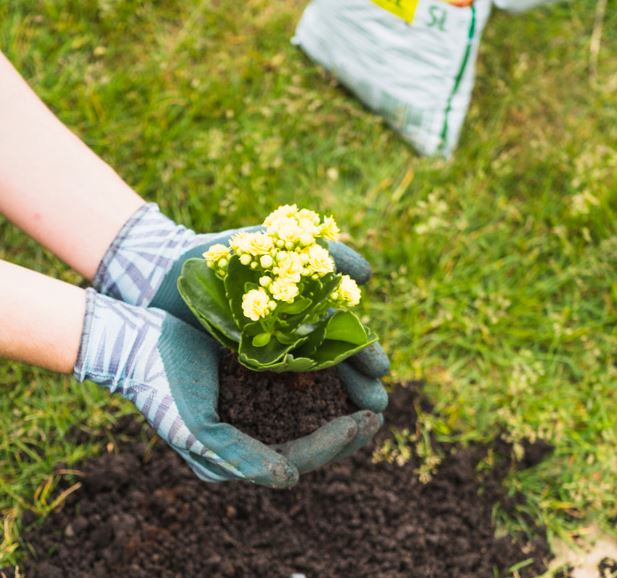
Guide to making compost
Welcome to the beginner’s guide to making compost. , if you are like me, and your heart breaks when throwing away any part of a natural product, then composting is perfect for you 🙂
When making compost, you can buy a professional compost bin, find the perfect spot to set it up and get started. The best site to place your compost bin is in a reasonably sunny area and bare soil. If you have to put your compost bin on concrete, tarmac, or patio slabs, ensure there’s a layer of paper, twigs, or existing Compost on the bottom. Choosing a place where you can easily add ingredients to the bin and get the compost out is best.
Make sure you add the right products to your bin to make the best compost. Aim for a balance of 50% greens and 50% browns in your compost bin to get the right mix. And here’s a list to guide you:
Below is a list of what is BEST for making Compost – They are quick to rot and provide essential nitrogen and moisture:
The constituents
Animal manure with straw
Annual weeds
Bindweed
Bracken
Brussels sprout stalk
Carrot tops
Citrus peel
Coffee grounds
Comfrey leaves
Cut flowers
Deadly Nightshade
Fruit peelings and pulp
Fruit seeds
Grass mowings
Hay
Hedge clippings
House plants
Ivy leaves
Nettles
Old bedding plants
Perennial weeds
Poisonous plants
Rhubarb leaves
Seaweed
Soft prunings and plant debris
Tea leaves and bags
Urine
Vegetable peelings and pulp

These are GOOD: They are slower to rot, provide carbon & fiber and allow air pockets to form.
Autumn leaves
Cardboard
Christmas tree
Corn starch liners
Cotton towels
Cotton wool
Egg boxes
Eggshells
Evergreen prunings
Hair
Natural corks
Nuts
Paper bags
Privet
Straw
Sweetcorn cobs
Thorny prunings
Tomato plants
Used kitchen paper
Vacuum cleaner contents
Wood ash
Wool
Most importantly, these are are a NO-NO: Never to be placed in the compost bin:
DO NOT include these constituents
Bones
Bread
Cans
Cat litter
Cigarette ends
Cling film
Coal ash
Crisp packets
Dairy products
Disposable nappies
Dog faeces
Dog food
Drink cartons
Meat and fish scraps
Olive oil
Plastic bags
Plastic bottles
Soiled tissues
Now, let Mother Nature do her work. Equally important, it takes nine to twelve months for your compost to become ready for use, be patient and keep adding greens and browns to top up your compost.
And if you attract and have earthworms, care for them too- they are EXCELLENT for your garden 🙂 See more here
Happy Composting!







